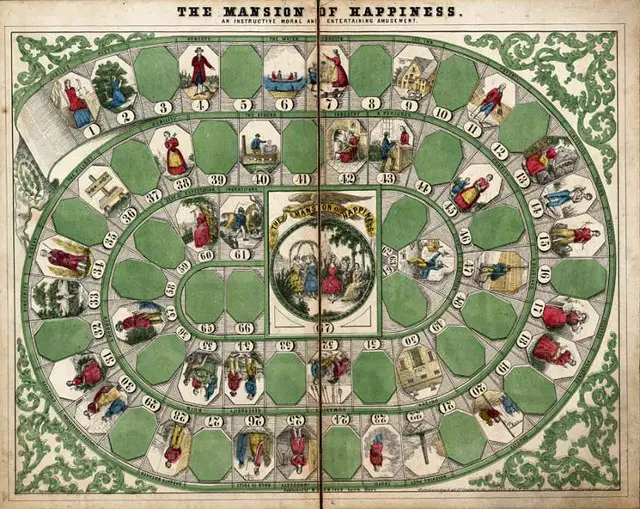Jonathan Dodd’s latest column. Guest opinion articles do not necessarily reflect the views of the publication. Ed
I’ve been thinking a lot about happiness. It’s one of those things that we constantly talk about, but never manage to define. Go on, have a go. See if you come up with a sensible and realistic meaning of the word ‘Happiness’. It’s not easy. I’m constantly amazed at our misuse of this most precious commodity, and our linguistic inability to use our amazing language to find ways of describing it. We have the largest vocabulary in the world, not surprisingly, because we’re constantly hoovering up words from everywhere else. We have about ten times the number of words that there are in Spanish, for instance, but we’re notoriously bad at the vital words.
Perhaps this is because English is primarily a language of gradation. We have a million ways of defining the exact particulars of the difference between being ‘partially’ happy, or ‘somewhat’ happy. Or even ‘sort of’ happy, and we always seem to understand that one is slightly better than another, and we could probably rank a long list of means of pinpointing where, on the scale, we stand. But this is probably more because we can’t define the thing itself properly, so we revert to comparing how we feel to other levels or moments of our experience.
Who told you that Life was going to be fair?
I’ve concluded that we simply have a problem with this word. I always thought that the best argument for the existence of a soul is the fundamental understanding we all seem to have, from our earliest moments, about certain principles. Anyone who has heard a very small child screaming that “it’s not fair!”, will understand that one. We’ve all had that thought – “Where did that come from?” My answer was always (annoyingly) – “Who told you that Life was going to be fair?”
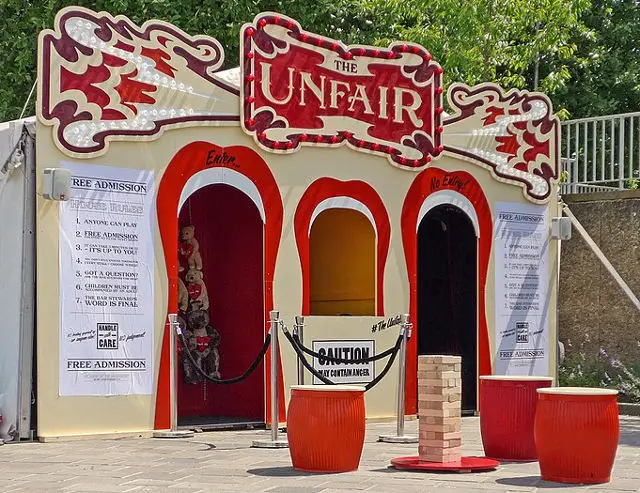
We have similar certainties about other concepts, like ‘Truth’, and ‘Justice’, and ‘Beauty’, and it’s always been my contention that we’re born with these understandings, even though they’re vague, almost like instincts. I’m sure that there are psychologists who will argue that this is just not true, it’s all in the socialisation, and cultural influences, and instilled behaviour, just as there are those who argue for ‘Nature’ versus ‘Nurture’. I feel that this argument is analogue, rather than digital. It starts with the one, and is adjusted and augmented by the other.
A sort of ‘Bill of Happiness’
We don’t seem to be born with similar certainties about food. A baby knows no complications when he or she is left on the grass. He or she will put anything and everything in his or her mouth, and parents are justifiably paranoid about letting their child out of their sightline, even for a moment. Eventually, the child learns that certain things are not allowed, or they taste horrible, and they also grasp the idea of taste, which always leads to attempts to become faddy, because once you’ve tasted chocolate, there seems to be no reason on earth why you shouldn’t eat that every time you’re hungry, and even when you’re not hungry. That’s certainly a matter for the forces of nurture rather than nature.
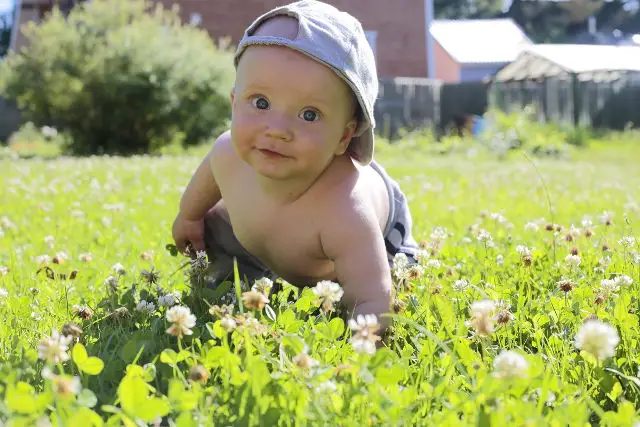
I decided to ask myself if I’m happy. After a pause, I chose to say that I was. I am. But in crowded a whole host of arguments and counter-arguments and provisos, until it felt like I’d invited a roomful of lawyers in to draft a declaration. A sort of ‘Bill of Happiness’. At that point, I decided I would be grateful for one of those, or, really, just a checklist would do. I realised I hadn’t even scraped the surface, so I decided to disregard as many of the common ideas around happiness first, and see what was left.
More than just being away from the things that bother us
Holidays are a familiar element of our thinking around happiness. We feel happy when we’re on the beach, hopefully, and that’s why we go on holiday. But I think it’s more a matter of being away from the things that bother us. Maybe it’s relief, or release. If we were truly happy at those times, we’d be able to manage all those annoying things that bug us when we’re away. Insects, sunburn, iffy tummies, etc. It might be as simple as that. But is happiness really all about leaving the things that worry us behind? Aren’t they going to be there when we get home? Besides, I’ve observed plenty of people on holiday who were definitely not happy. So holidays may only be an enabler of happiness.
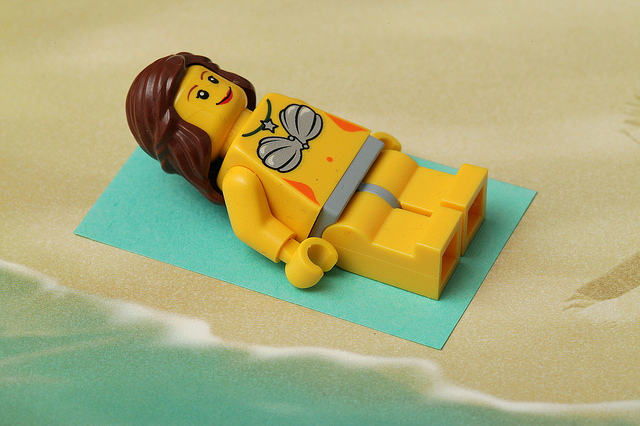
Perhaps happiness requires the willingness to be happy alongside the removal of stressful circumstances. Or maybe it’s something else. There’s something I’ve always wondered. When someone tells me they’re happy, I have an annoying habit of asking them how they know they’re happy. They usually look at me funny then. I’m used to that look. Usually, they say either – “I just am!”, or – “Because I feel happy!” So I ask a second question – “How does it actually feel to be happy?”
How does it actually feel to be happy?
This is another piece of bad English usage. What I want to know is what the actual feelings associated with happiness are. Physical and emotional. I know when I’m happy because I feel a lightness in my chest. My head goes up, I feel the expansiveness of the world. My limbs feel lighter, and there’s usually a smile on my face. I know that many of these are the result of happy chemicals released by glands in my body into my bloodstream, and I know they’ve been ordered up by my brain, which has sensed favourable circumstances in my life. So I’m sometimes surprised to realise I’m happy, by recognising these feelings.
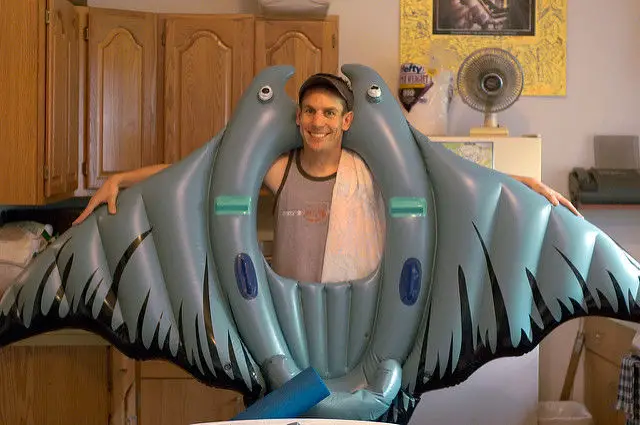
Most people don’t think like this, I recognise that. And I’m still no nearer to finding out anything useful about happiness, because I’m puzzled by what it is in my brain that decides to be happy, or unhappy. Is it my will? Do I decide to be happy, or unhappy? Or is it some sort of tide of chemicals, sweeping back and forth in there firing off synapses hither and thither? I’ve just got a way of describing the process, and I’m probably not going to crack it here. But I’m trying, and that has to be good, right?
Inexplicably annoying and mundane, like so many things that are true
I also believe that happiness is entirely internal. It’s one of those things that fail the wheelbarrow test. It’s not a thing at all. It hasn’t got a colour, or any weight, you can’t swallow it or inject it, and it doesn’t live anywhere inside you or anyone else. Some people never feel happy, some can’t stop themselves. Some seem to have no control over it, and others are dogged in the search for happiness, as if it’s some far-away undiscovered country, or you just have to find that perfect paint colour and then everything will be perfect, and then you’ll be happy. And sometimes that works.
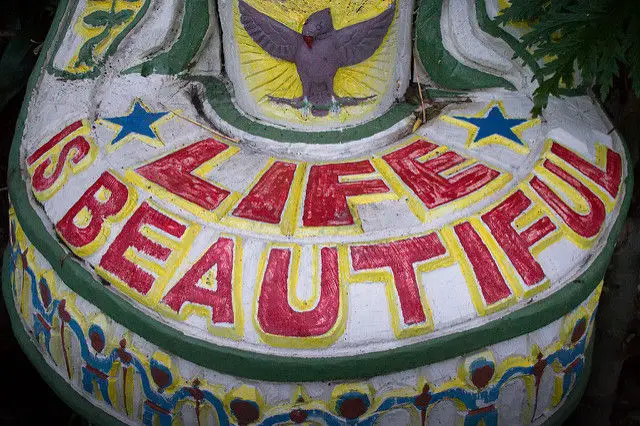
I’m struck by certain things. Films I’ve seen, like ‘Life is Beautiful’, where a father finds himself in a concentration camp with his young son and tries desperately to make everything a game, in order to save his son from the reality they’re living in. And I think of Scrooge, where a man has convinced himself that everything is totally material and lives in a world without love, or any emotion at all. And I think of the excellent actress Sally Hawkins, in ‘Happy Go Lucky’ being totally, irrepressibly happy and upbeat all the time. I think of Eddie Marsan in the same film, being the most unpleasant man there ever was. I really liked Happy Gilmore’s ‘Happy Place’ too. And sometimes I’m reminded of Ken Dodd, who haunted my youth, and his song ‘Happiness’, and how I hated that song. I’m sure that was unfair. It was just inexplicably annoying and mundane, like so many things that are true.
History just rolls it out and watches the results
I’ll never get to understand any of these invented characters, any more than I’ll understand anybody I know, and I’ll certainly never understand myself, no matter how hard I try. We’re a little like vampires. We can look at everyone else, but when we look at ourselves, there’s no reflection in the mirror. I’m looking forward to the future, where scientists will crack open our brains and map our inner processes, and I’m wondering whether they’ll find the actual place where happiness lives inside our heads, and then they’ll find a way of helping us make our happy place more consistent, and I’m wondering whether that’ll be a good thing or not. History doesn’t worry about whether things are good or not, it just rolls it out and watches the results.
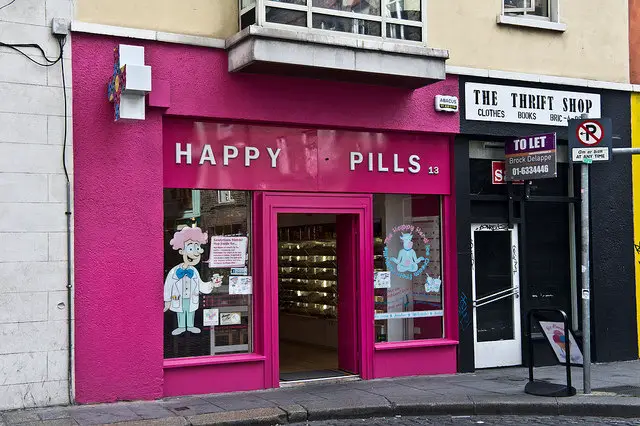
And yet again, our research and discoveries and inventions never seem to get to the bottom of anything. Every discovery just reveals more unknown worlds. All our predictions about the future are destined to be wrong. We live in the moment, although we spend a lot of time thinking about the future and the past. Perhaps that’s the real secret of happiness. How do we make the future and the past recede, and make this moment, and this moment, really matter?
My brain is beginning to hurt. It’s time I gave myself a holiday from all this thinking.
![]()
P.S. Sorry I missed last week. I haven’t done that since I started, five years ago. I suppose every unbroken chain of events is simultaneously a glory and a dragging weight, so I’ve broken that and maybe something’s been refreshed. Thanks for noticing, if you did.
And if you have been, thank you for reading this.
Image: public domain at Library of Congress under CC BY 2.0
Image: Tim Green under CC BY 2.0
Image: pxhere under CC BY 2.0
Image: pasukaru76 under CC BY 2.0
Image: carbonnyc under CC BY 2.0
Image: orinrobertjohn under CC BY 2.0
Image: infomatique under CC BY 2.0
Image: maxpixel under CC BY 2.0

